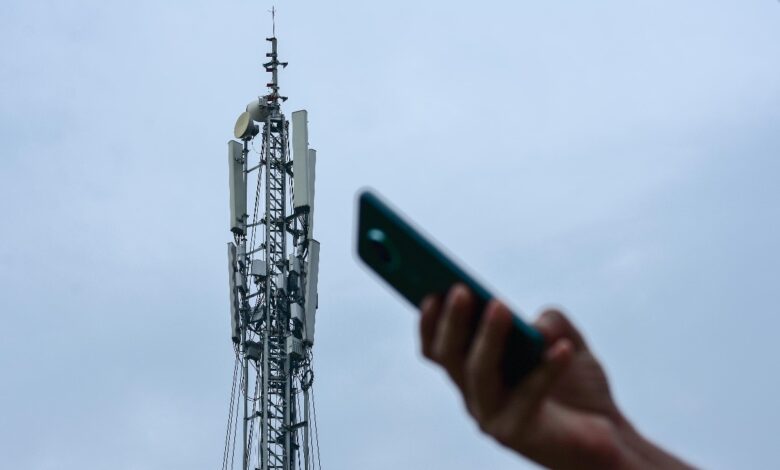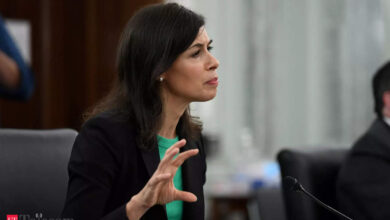DoT prepares to implement Telecom Act rules by September: Report

The Department of Telecommunications (DoT) is planning to notify the new regulations under the Telecommunications Act, 2023, after the new government comes to power post the Lok Sabha elections.
The department is planning to impose it within 100 days of the new government assuming office, reported The Economic Times.
“We aim to put in place the rules specified in various sections of the Telecommunications Act by September 15. These rules are designed to simplify the regulatory structure and ensure adherence,” ET quoted a in the report a saying.
He further said that the notification of these rules stands as an important objective within DoT’s 100-day agenda.
The rules apply to spectrum allocation, regarding satellite communications, call and message interception, as well as the gathering of biometric data, all of which involve defined procedures.
The biometric identification of users is important, as mandated by the Act and experts highlight the need for clear rules to prevent misuse of customer data, considering the involvement of multiple intermediaries in the collection and processing of such sensitive information.
“Approximately 35-37 rules must be outlined for the Act. This is a considerable undertaking, considering the need to accommodate technological advancements,” ET quoted an official as saying.
These rules will define the procedures regarding spectrum pricing for administrative allocation to services such as satellite communications.
The DoT is anticipated to take inputs from the Telecom Regulatory Authority of India (Trai) concerning satellite spectrum, after gathering views from various stakeholders.
Government officials highlight that administratively allocated spectrum for satellite services is exclusively for point-to-point connections, not for direct transmission of services to end consumers.
The upcoming rules are expected to precisely define the conditions for utilising satellite spectrum.
Companies like Eutelsat Oneweb, Starlink, Amazon Kuiper, and Reliance Jio Satellite are expected to receive spectrum administratively as part of their licences for global mobile personal communication via satellite services.
Another official hinted that the initial set of rules may not comprehensively cover all sections of the Act, as finalizing certain rules may take additional time.



![Telecommunications Blackout in Sudan: Parties to the Conflict Must End Collective Punishment and Enable Access to Life-Saving Telecommunications [EN/AR] – Sudan Telecommunications Blackout in Sudan: Parties to the Conflict Must End Collective Punishment and Enable Access to Life-Saving Telecommunications [EN/AR] – Sudan](https://europeantech.news/wp-content/uploads/2024/05/d5b76c09-de66-4d9e-940b-dfce8ef99813-390x220.png)